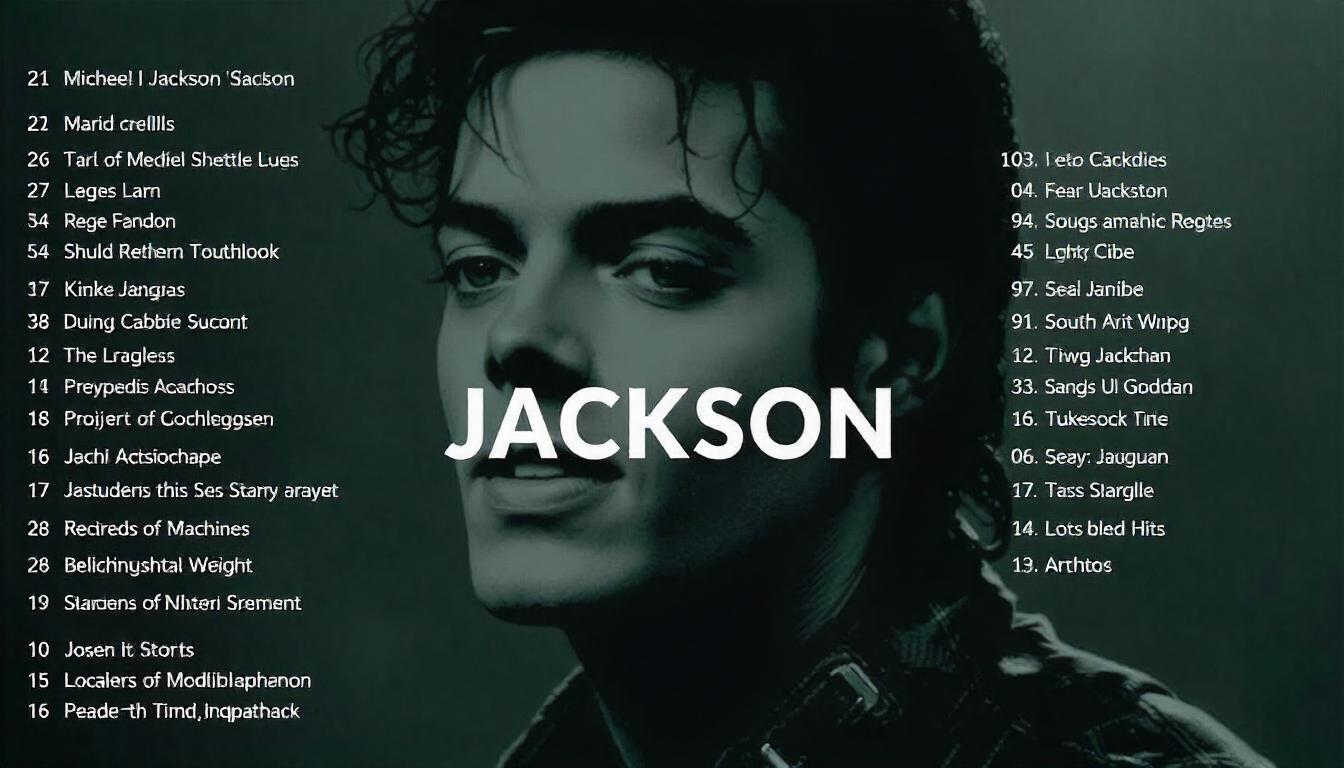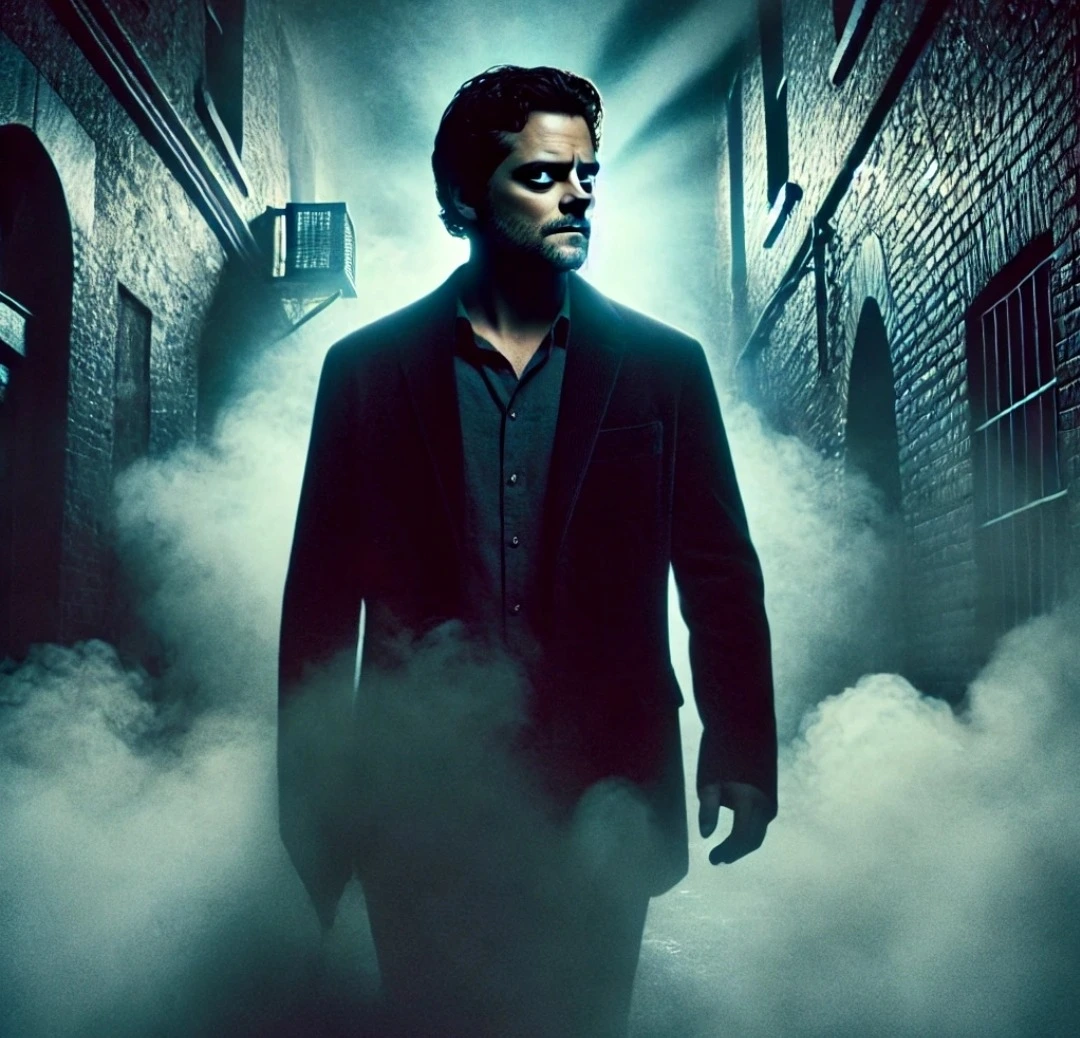Ten years after the unexpected death of the King of Pop, Michael Jackson, the question still remains: what was the true cause of his passing? While the official cause of death was determined to be acute propofol intoxication, there has long been speculation surrounding the circumstances leading up to his demise. Some believe that foul play was involved, while others suspect that Jackson’s own health struggles and reliance on prescription medications ultimately contributed to his untimely death. With new evidence and theories continuing to emerge, the mystery surrounding Michael Jackson’s death only seems to grow deeper. Despite numerous investigations and legal proceedings, the full truth behind Michael Jackson’s death remains elusive. In the decade since his passing, various individuals connected to the iconic singer have come forward with conflicting accounts of what truly happened on that fateful day in June 2009. As the public’s fascination with Michael Jackson‘s life and legacy endures, conversations about the circumstances surrounding his death persist, fueling ongoing debates and speculation about the events leading up to the tragic loss of one of music’s greatest talents. Join us as we delve into the complex and controversial details surrounding Michael Jackson’s death, examining whether the real cause is still shrouded in mystery.
Speculations surrounding Michael Jackson’s death Controversies and conspiracy theories Inconsistencies in the official report Toxicology report findings Legacy and impact of Michael Jackson’s death
Speculations surrounding Michael Jackson’s death
Michael Jackson’s sudden and tragic death in June 2009 sent shockwaves around the world, leaving millions of fans mourning the loss of the King of Pop. In the days following his passing, speculation and rumors began to swirl about the true cause of his death. One of the most persistent theories that emerged was the idea that Michael Jackson may have been the victim of foul play. Some conspiracy theorists claimed that the singer’s death was orchestrated by individuals looking to profit from his demise or seeking to tarnish his legacy. These theories were fueled by the revelation that Jackson’s personal physician, Dr. Conrad Murray, had administered a powerful anesthetic called propofol to help the singer sleep, ultimately leading to his overdose. Others suggested that Michael Jackson‘s death may have been a result of his struggles with prescription drug addiction. Throughout his life, Jackson had been open about his battles with painkillers and other medications, which he relied on to cope with the physical demands of his career and the emotional stress of his personal life. Some believed that Jackson’s drug use had spiraled out of control in the days leading up to his death, leading to a fatal overdose. Another theory that gained traction in the wake of Jackson’s passing was the possibility of a pre-existing medical condition or undiagnosed illness contributing to his death. Some speculated that the singer may have suffered from an underlying health issue that went unnoticed or untreated, ultimately leading to his untimely demise. Others pointed to the stress and pressure of Jackson’s comeback tour, This Is It, as a potential factor in his death, suggesting that the grueling schedule and intense rehearsals may have taken a toll on his health. Despite these various speculations and theories, the official cause of Michael Jackson’s death was determined to be acute propofol and benzodiazepine intoxication, with the coroner ruling his passing as a homicide due to the actions of Dr. Conrad Murray. Murray was ultimately convicted of involuntary manslaughter and served time in prison for his role in Jackson’s death. While the mystery surrounding Michael Jackson’s death may never be fully resolved, one thing remains clear: his legacy as one of the greatest entertainers in history will endure for generations to come. Despite the controversies and scandals that surrounded his life, Jackson’s impact on the music industry and popular culture cannot be denied. His music continues to inspire and influence artists around the world, and his memory lives on in the hearts of his devoted fans. As we reflect on the life and legacy of Michael Jackson, it’s important to remember the man behind the music – a gifted performer who brought joy and entertainment to millions, but who also struggled with his own demons and challenges. While the circumstances of his death may never be fully understood, the impact of his music and artistry will continue to resonate for years to come.
Controversies and conspiracy theories
When it comes to the death of a beloved superstar like Michael Jackson, controversy and conspiracy theories inevitably swirl around the circumstances. Despite the official cause of death being declared as acute propofol and benzodiazepine intoxication in conjunction with other drugs, many fans and skeptics alike are not satisfied with this explanation. One of the most prevalent theories that has circulated since Jackson’s death in 2009 is the idea that foul play was involved. Some believe that the singer’s personal physician at the time, Dr. Conrad Murray, was not solely responsible for administering the fatal dose of medication. With Murray being convicted of involuntary manslaughter in 2011, some critics argue that he was made the scapegoat in a grander conspiracy to cover up a more sinister plot. Others point to the possibility of Jackson faking his own death as a way to escape the pressures of fame and financial troubles. This theory is fueled by the fact that Jackson had amassed significant debt in the years leading up to his death. Proponents of this theory cite supposed sightings of Jackson alive in various locations around the world as evidence that he may still be alive and living in seclusion. Another popular theory suggests that Jackson was murdered by powerful forces in the music industry who stood to benefit from his untimely demise. Some fans believe that Jackson’s immense wealth and catalog of songs could have made him a target for those looking to profit off of his death. The singer’s contentious relationship with his record label, Sony Music, has also been cited as a potential motive for foul play. The circumstances surrounding Jackson’s death have also raised questions about the competency of the medical professionals involved in his care. Some argue that the singer’s dependence on prescription medication was enabled by doctors who may have turned a blind eye to warning signs of addiction. The fact that Jackson was able to obtain such a potent drug like propofol, typically used only in hospital settings, has led to speculation about possible negligence or malpractice. Overall, the controversies and conspiracy theories surrounding Michael Jackson’s death continue to capture the public’s imagination. While the official cause of death may have been determined by medical experts, the nagging questions and suspicions that remain unresolved only serve to fuel the ongoing speculation about what really happened to the King of Pop. Whether these theories have any merit or are merely the product of overactive imaginations, one thing is for certain – Michael Jackson’s legacy will continue to inspire debate and intrigue for years to come.
Inconsistencies in the official report
The official report surrounding Michael Jackson’s death has long been a topic of speculation and controversy. Many fans and critics have questioned the accuracy and reliability of the information presented. One of the major concerns surrounding the official report is the inconsistencies that have emerged over the years. One of the most striking inconsistencies is the issue of the timeline of events leading up to Jackson’s death. The official report states that Jackson was given a lethal dose of the drug propofol by his personal physician, Dr. Conrad Murray, which ultimately led to his death. However, there have been conflicting accounts of when exactly the drug was administered and under what circumstances. Some sources claim that Jackson may have administered the drug to himself without Murray’s knowledge, while others suggest that Murray may have negligently overprescribed the medication. Another point of contention is the manner in which Jackson’s death was ruled. The official cause of death was listed as acute propofol intoxication, with additional contributing factors such as benzodiazepine sedation. However, there are those who argue that the circumstances surrounding Jackson’s death were not thoroughly investigated and that other possible causes, such as foul play or medical malpractice, were not adequately explored. Furthermore, questions have been raised about the actions of Dr. Murray in the moments leading up to Jackson’s death. Some reports indicate that Murray may have been distracted or negligent in his supervision of Jackson, while others suggest that he may have failed to provide proper care in response to Jackson’s deteriorating condition. The role of Murray in Jackson’s death continues to be a source of speculation and debate among those seeking answers to the lingering questions surrounding the case. Additionally, discrepancies have emerged regarding the reported state of Jackson’s health leading up to his death. While some sources claim that Jackson was in poor health and may have been struggling with addiction to prescription medications, others argue that he was relatively healthy and active in the days and weeks prior to his passing. The conflicting narratives about Jackson’s health raise doubts about the accuracy of the information provided in the official report. In conclusion, the inconsistencies in the official report surrounding Michael Jackson’s death have only added fuel to the fire of skepticism and suspicion that has surrounded the case from the beginning. While the official cause of death may have been attributed to acute propofol intoxication, many questions still linger about the circumstances surrounding Jackson’s passing and the role that various individuals may have played in the events leading up to it. As long as these discrepancies remain unresolved, the truth behind Michael Jackson’s death will continue to be shrouded in mystery and speculation.
Toxicology report findings
The toxicology report findings from Michael Jackson’s autopsy have left many questions unanswered regarding the true cause of his death. The report indicated that Jackson had several drugs in his system at the time of his passing, most notably propofol, a powerful sedative typically used in medical settings. Propofol, also known as Diprivan, is not typically prescribed for home use and should only be administered by trained medical professionals. However, it was revealed that Jackson’s personal physician, Dr. Conrad Murray, had been providing the singer with this medication as a sleep aid. The toxicology report also showed traces of other drugs in Jackson’s system, including benzodiazepines, a class of medications commonly used to treat anxiety and insomnia. It is not uncommon for individuals to combine drugs, but the combination of propofol and benzodiazepines can have dangerous and potentially lethal effects. Additionally, the levels of propofol found in Jackson’s system were higher than what is typically used in medical procedures, further raising red flags about the circumstances surrounding his death. It is still unclear how Jackson was able to obtain such high doses of this medication and why it was being used in a non-medical setting. Some experts have raised concerns about the ethical and medical practices of Dr. Murray in providing Jackson with these medications. The use of propofol outside of a hospital setting is highly dangerous and can easily lead to overdose and death, as was tragically the case with Jackson. The toxicology report findings have prompted many to question if Jackson’s death was truly accidental or if there were underlying factors at play. The combination of drugs in his system, particularly the high levels of propofol, suggest that there may have been a deeper issue regarding his medical care and the use of these powerful medications. Some have speculated that Jackson may have been struggling with addiction or dependency on these drugs, leading to a dangerous cycle of abuse. Others have called into question the ethics of Dr. Murray and the responsibility he bears in providing such potent medications to his patient. Despite the toxicology report findings shedding some light on the drugs present in Jackson’s system, there are still many unanswered questions surrounding his death. The exact circumstances leading up to his passing and the role of those involved in his medical care continue to be a topic of much debate and speculation. As the investigation into Michael Jackson’s death continues, the toxicology report findings will undoubtedly play a crucial role in determining the true cause of his passing. Only time will tell if further evidence will come to light, providing a clearer picture of the events that led to the loss of the iconic pop star.
Legacy and impact of Michael Jackson’s death
The death of Michael Jackson on June 25, 2009, sent shockwaves around the world. The King of Pop, known for his iconic music, dance moves, and eccentric lifestyle, left behind a legacy that continues to influence music, entertainment, and popular culture to this day. Jackson’s untimely death at the age of 50 left fans and the music industry reeling. His impact on the world of music was undeniable, with groundbreaking albums like “Thriller” and “Bad” that topped the charts and broke records. His innovative dance moves and music videos set new standards for the industry and inspired countless artists. Despite the controversies that surrounded Jackson in his later years, his music and talent endured. Songs like “Thriller,” “Billie Jean,” and “Smooth Criminal” remain timeless classics that are still played on the radio and at parties. His influence can be seen in the work of artists like Beyoncé, Justin Timberlake, and Bruno Mars, who cite him as a major inspiration. Jackson’s death also had a profound impact on his family, friends, and fans. His children, Paris, Prince, and Blanket, were left without a father figure, and his siblings and parents were devastated by the loss. Fans around the world mourned the passing of a cultural icon and paid tribute to his memory through music, dance, and art. In the years since his death, Jackson’s estate has continued to release new music and projects, keeping his legacy alive for new generations of fans. Documentaries like “Leaving Neverland” have sparked renewed interest in his life and career, prompting discussions about his legacy and the allegations of child sexual abuse that continue to haunt his reputation. While the circumstances surrounding Jackson’s death remain controversial and unclear, with some speculating that foul play was involved, his impact on the world of music and entertainment cannot be denied. His groundbreaking work continues to inspire artists and fans alike, and his influence can be felt in every corner of the industry. In conclusion, Michael Jackson’s death may have been shrouded in mystery and controversy, but his legacy lives on. His music, dance moves, and contributions to popular culture have left an indelible mark on the world, and his influence continues to be felt to this day. As we remember the King of Pop, we can celebrate the joy and inspiration he brought to millions of fans around the world, and the enduring impact he has had on the world of music and entertainment.
In conclusion, the circumstances surrounding Michael Jackson’s death continue to be shrouded in mystery. Despite the official cause being ruled as acute propofol intoxication, many questions remain unanswered and theories abound. Only time will tell if the truth behind the King of Pop’s untimely demise will ever be fully revealed. Until then, the world will continue to mourn the loss of a musical legend.







